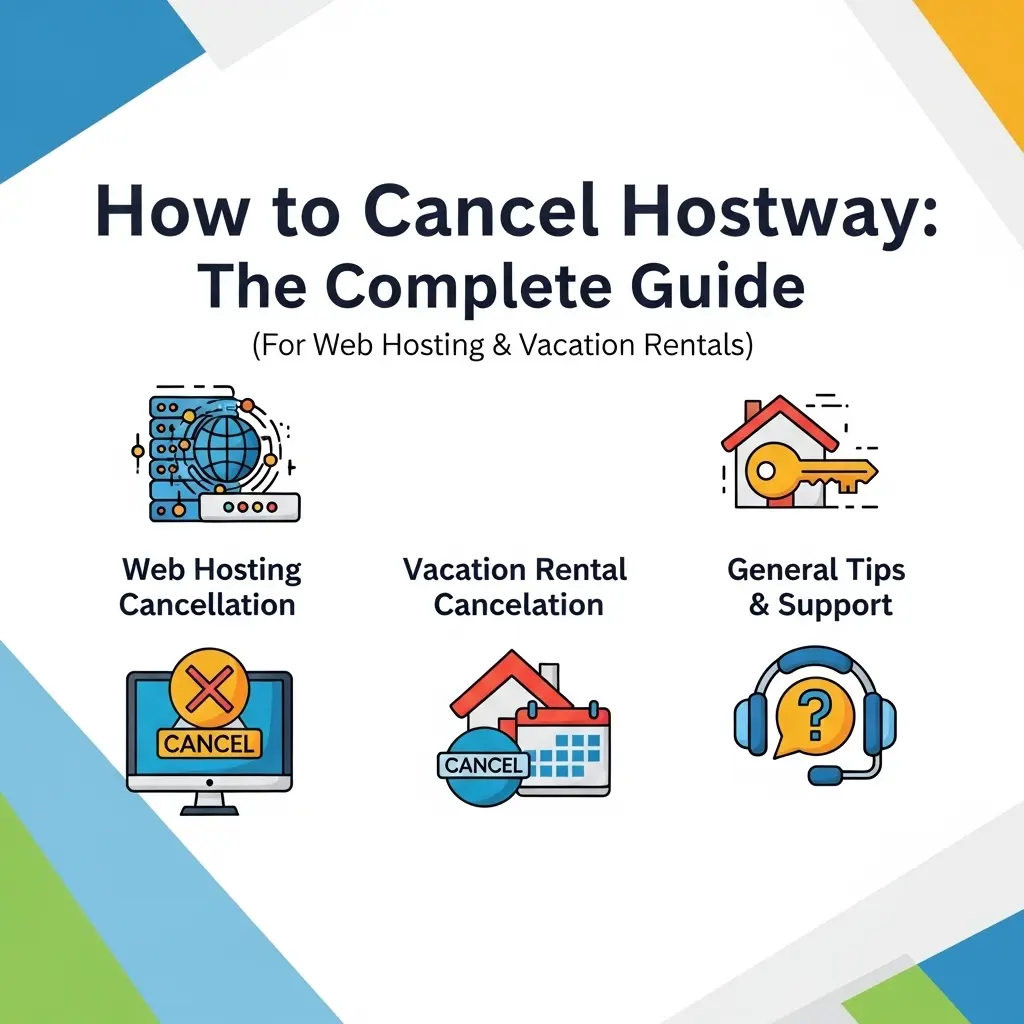The Unfiltered Truth About Co-Living in India: We Compared Zolo, Stanza Living, and a Traditional Flat to Find the Real Winner
By Amandeep Singh
Founder, CancelMates. Investigating the real value of modern living solutions.
The acceptance letter is in your inbox. The dream job offer is signed. You're moving to a new city-Bengaluru, Mumbai, Delhi. The excitement is electric, but it's quickly followed by a daunting reality: where are you going to live?
Instantly, your social media is flooded with slick ads from co-living giants like Zolo Stays and Stanza Living. They promise a utopian life: fully-furnished rooms, chef-cooked meals, vibrant communities, and zero landlord stress, all for one all-inclusive price. It's the plug-and-play solution for the modern Indian youth. But is it too good to be true?
We've all heard the horror stories from friends or seen the desperate Reddit threads: the security deposit that vanishes, the premium electricity bills, the non-existent Wi-Fi, and the resident captains who ghost you. The dream of convenience often collides with a harsh, frustrating reality.
So we decided to settle the debate once and for all. We've done the math, scoured hundreds of unfiltered user reviews, and created the definitive showdown: Zolo/Stanza Living vs. a Traditional Rented Flat. Which one is truly the winner for your wallet, your freedom, and your sanity?

The Ultimate Co-Living Showdown
1. The Ultimate Showdown: Co-Living vs. Traditional Flat
Let's break down the real-world differences, not just the marketing promises. Here is the ultimate side-by-side comparison.
| Factor | Zolo / Stanza Living | Traditional Flat (with Flatmates) |
|---|---|---|
| Monthly Cost (All-Inclusive) | ₹15,000 - ₹25,000 (single room) Includes rent, food, Wi-Fi, housekeeping. BUT, watch for premium EB bill rates and other hidden fees. | ₹10,000 - ₹18,000 (per person in a 2/3 BHK) Includes rent, maid, cook, Wi-Fi, electricity. You have full control over expenses. |
| Upfront Cost | Low (1-2 months' rent as deposit). | High (6-10 months' rent as deposit + brokerage + setup costs for furniture, etc.). |
| Convenience & Services | Plug-and-play. Food, cleaning, Wi-Fi are all managed. Ideal for someone moving with just a suitcase. | Requires effort. You have to hire a cook/maid, set up Wi-Fi, and manage bills. |
| Quality of Services | ⚠️ Huge Gamble. Food is often average, Wi-Fi is unreliable, and cleaning can be patchy. A major source of user complaints. | Directly in your control. You can change your cook or Wi-Fi provider if you're unhappy. |
| Freedom & Rules | Often restrictive. Strict guest policies (especially for opposite gender), no-party rules, and curfews are common. | Total Freedom. It's your house. You set the rules with your flatmates regarding guests, parties, and timings. |
| Maintenance & Support | ❌ Notoriously Poor.Useless resident captains and ghosting support teams are a widespread issue. Raising a ticket is easy; getting a resolution is not. | Your responsibility. You have to find and deal with electricians/plumbers, but you have direct control. |
| The Exit (Getting Your Deposit Back) | ❌ The Biggest Trap. A massive number of complaints about unjust deductions and extreme delays in deposit refunds. Many advise to forget the deposit money. | Generally smoother. Governed by a legal rental agreement. Disputes are less common if you leave the flat in good condition. |
| Community | Marketed as a key feature, but often a lifeless atmosphere. Events can feel forced or non-existent. | You build your own community with your chosen flatmates and friends. More authentic, less curated. |
2. The Unfiltered Reality: What Real Residents Say (The Horror Stories)
The table gives you the facts, but the real story is in the experiences of those who've lived it. The marketing promises convenience, but the unfiltered reviews reveal a pattern of systemic issues.
The Deposit Black Hole
This is, by far, the most common and painful complaint. Co-living companies seem to treat the security deposit as their own money. One Reddit user bluntly stated, Grexter is not giving deposits back and has piss poor customer service... You'll lose your deposit for sure. This sentiment is echoed across platforms for nearly all major co-living brands.
The Service Lottery
You're paying a premium for managed services, but whether you receive them is a gamble. From horrible food to non-existent Wi-Fi and hygiene issues like bed bugs, the quality is wildly inconsistent. As one user reviewing their Stanza Living experience said, Forget about proper hygiene and sanitation. Another Zolo resident complained, I had continuous issues with wifi and not once it was permanently resolved.
The Safety and Security Myth
While marketing materials boast of a safe environment, the reality can be shocking. One Stanza resident shared a nightmare story: "I locked my room and went to my hometown... Next thing I know, my laptop was missing, my shoes were missing." A former Zolo resident warned, "Zolo lets in just anybody," after having a dangerous flatmate. The lack of proper background checks is a serious concern.
3. The Final Verdict: Who is the Real Winner for You?
After comparing the real costs, risks, and rewards, the answer is clear: Co-living is a high-cost, high-risk gamble on convenience. A traditional flat is a higher-effort, lower-risk path to freedom and long-term savings.
🏆 The Real Winner for Long-Term Value & Freedom: The Traditional Flat
If you plan to stay in a city for a year or more, and value your freedom and money, renting a flat is the undisputed winner. The initial effort of setting it up is significant, but it pays off with lower monthly costs, complete control over your life, and a much higher chance of seeing your security deposit again. You are the master of your own domain.
⚠️ The Niche Winner for Short-Term Convenience: Co-Living Spaces
Co-living spaces can be the right choice under very specific circumstances: if you are moving to a city for a very short period (2-3 months), have no local contacts, and are willing to pay a significant premium to avoid the hassle of setting up a house. But go in with your eyes wide open, expect mediocre service, and be mentally prepared to fight for-or even lose-your deposit.
Our Recommendation:
For most students and young professionals, the co-living model in its current state is a broken promise. You are trading a large amount of your money and personal freedom for a "convenience" that is often not delivered. The smart, albeit harder, choice is to find a few friends and rent a flat.
4. The Ultimate FAQ: Every Question, Answered
Q: Which is better, ZoloStays or Stanza Living?
A: It's like choosing between two sides of the same coin. Both have a vast network, but both suffer from the same systemic issues: inconsistent service quality, poor customer support, and deposit refund problems. The experience is highly dependent on the specific property and its local management, not the brand itself. It's best to read recent reviews for the exact property you are considering.
Q: Are guests, boyfriends, or girlfriends allowed in Zolo or Stanza?
A: This is a major point of contention. Officially, most properties have strict rules against overnight guests, especially of the opposite gender in shared accommodations. While some local managers might be lenient, you should assume that you will have very little freedom regarding guests compared to a private flat.
Q: What is the minimum lock-in period for co-living spaces?
A: While some brands like Zolo advertise "no lock-in," this is often tied to a 30-day notice period. Other providers may have a minimum lock-in period of 3-6 months. Breaking this agreement usually means forfeiting your entire security deposit.
Q: Is co-living cheaper than renting a flat?
A: No. On a per-person, all-inclusive monthly basis, co-living is almost always more expensive than sharing a traditional 2BHK or 3BHK flat with roommates. You are paying a significant premium for the (often unreliable) services and furnishings they provide.


